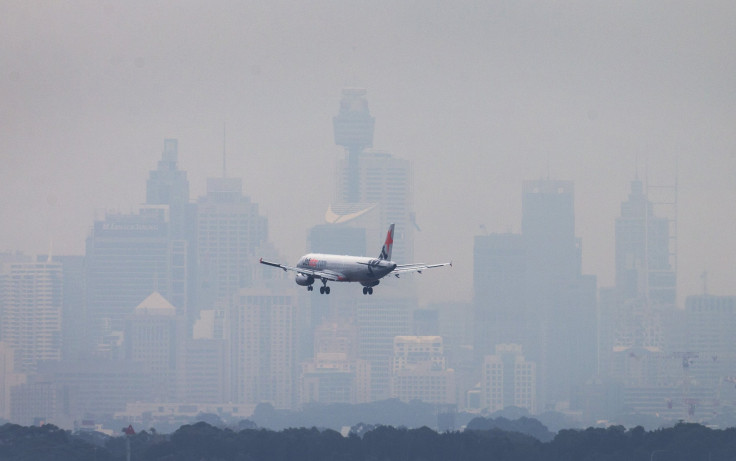UN Agency Proposes World’s First-Ever Standard On Airlines’ Carbon Emissions

In an effort to include the aviation industry within the ambit of the ongoing international effort to tackle human-induced climate change, a United Nations panel proposed the world’s first-ever standards for carbon dioxide emissions from airplanes. The standards, proposed Monday at an expert meeting of the International Civil Aviation Organization (ICAO) in Montreal, would apply to all new commercial and business aircraft from 2028 onward.
The rules, which will apply to new aircraft designed after 2020 and new airplanes in production that are delivered after 2023, would require a 4 percent reduction in fuel consumption during the cruise phase of flight starting in 2028, compared to planes delivered in 2015. By 2028, planes that do not meet the new standards would have to be retired.
These standards would, when fully implemented, reduce carbon emissions by more than 650 million tons between 2020 and 2040, equivalent to removing over 140 million cars from the road for a year, the White House said, in a statement welcoming the agreement.
However, the proposals, which would need to be formally adopted by the civil aviation council of 36 member nations and endorsed by the council’s assembly before they become binding, will not apply to planes already in use.
“The goal of this process is ultimately to ensure that when the next generation of aircraft types enter service, there will be guaranteed reductions in international carbon dioxide emissions,” Olumuyiwa Benard Aliu, president of the ICAO Council, said in a statement released Monday. “Our sector presently accounts for under two percent of the world’s annual carbon dioxide emissions, but we also recognize that the projected doubling of global passengers and flights by 2030 must be managed responsibly and sustainably."
Until now, the rapidly expanding aviation sector, which some estimates suggest would triple its greenhouse gas emissions by the middle of the century, has not been included in any international climate change deal, including the recently ratified agreement in Paris.
In its statement, the ICAO said that the new rules were aimed at larger aircraft, which are responsible for the vast majority of global aviation emissions.
Some environmental groups expressed concerns that the measures did not go far enough in curbing emissions, and that by exempting the aircraft currently in use, the bar had been set “embarrassingly low.”
“The standard as proposed is not going to make a dent in the emissions growth curve of airlines, and that is really deplorable,” Vera Pardee, a lawyer with the Center for Biological Diversity, told the New York Times. “It’s just unfair for an industry as large as the airline industry not to be called to account on their contribution to climate change.”
© Copyright IBTimes 2024. All rights reserved.












